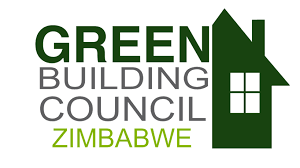In a significant move towards eco-conscious urbanization, UN Habitat has partnered with the Green Building Council of Zimbabwe (GBCZ) to spearhead initiatives for enhancing resource and energy efficiency within Zimbabwe’s built environment. This strategic collaboration focuses on formulating policies conducive to energy and resource conservation, establishing green building protocols tailored to Zimbabwe’s diverse climatic conditions, and fostering the development and adoption of low-carbon construction materials alongside eco-friendly building designs.
This initiative falls under the umbrella of the Harare Sustainable Cities Initiatives, which are being rolled out by UN Habitat in Zimbabwe with financial backing from the Swedish International Development Cooperation Agency. The program seeks to not only enhance energy and resource efficiency in the nation’s-built structures but also to broaden the accessibility of clean energy solutions for urban dwellers and to introduce sustainable, cost-effective waste management methods.
According to a statement from UN-Habitat, the objective of the Harare Sustainable Cities Initiatives is to significantly improve the quality of life for the residents of Harare by enhancing their access to services that convert waste to wealth, and by supplying clean energy, thereby promoting an eco-friendly and resource-efficient urban built environment.
The statement highlighted the critical role of the built environment in contributing to global greenhouse gas emissions, a leading driver of climate change. It pointed out the urgent need for Zimbabwe’s building sector to adopt sustainable practices to minimize its carbon footprint and mitigate climate change impacts.
Over the next four years, UN Habitat and the GBCZ will engage with a wide range of stakeholders involved in the built environment, including government bodies, the City of Harare, local governance and community organizations, developers, and academic entities. This collaborative effort aims to advocate for policy reforms, build capacity, and share knowledge to kickstart Zimbabwe’s transition towards a more sustainable and environmentally friendly built environment.



